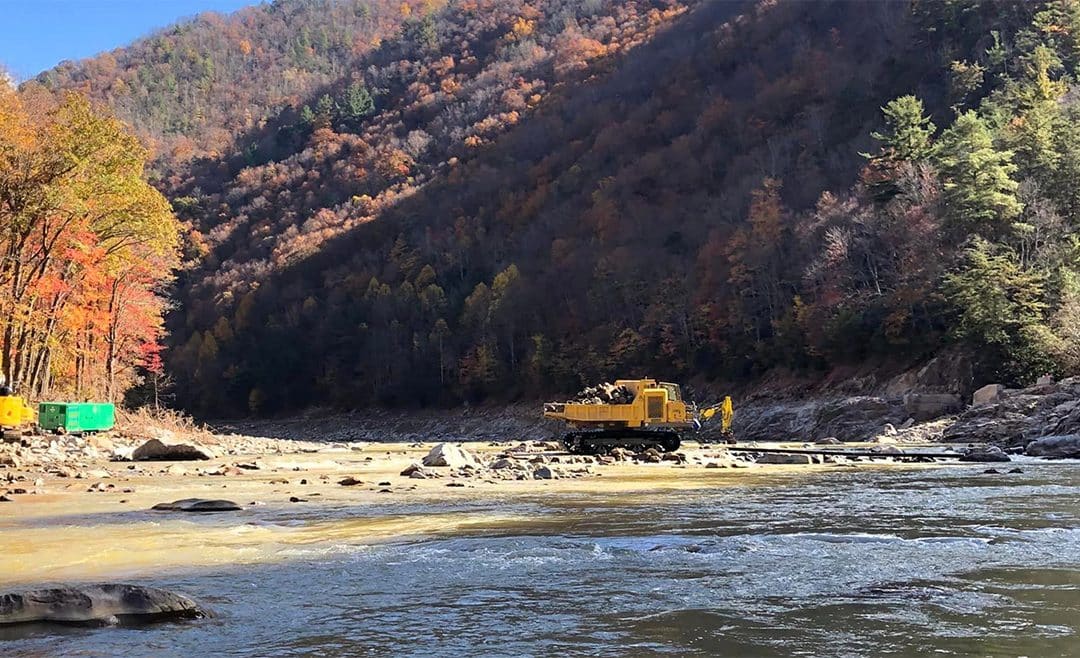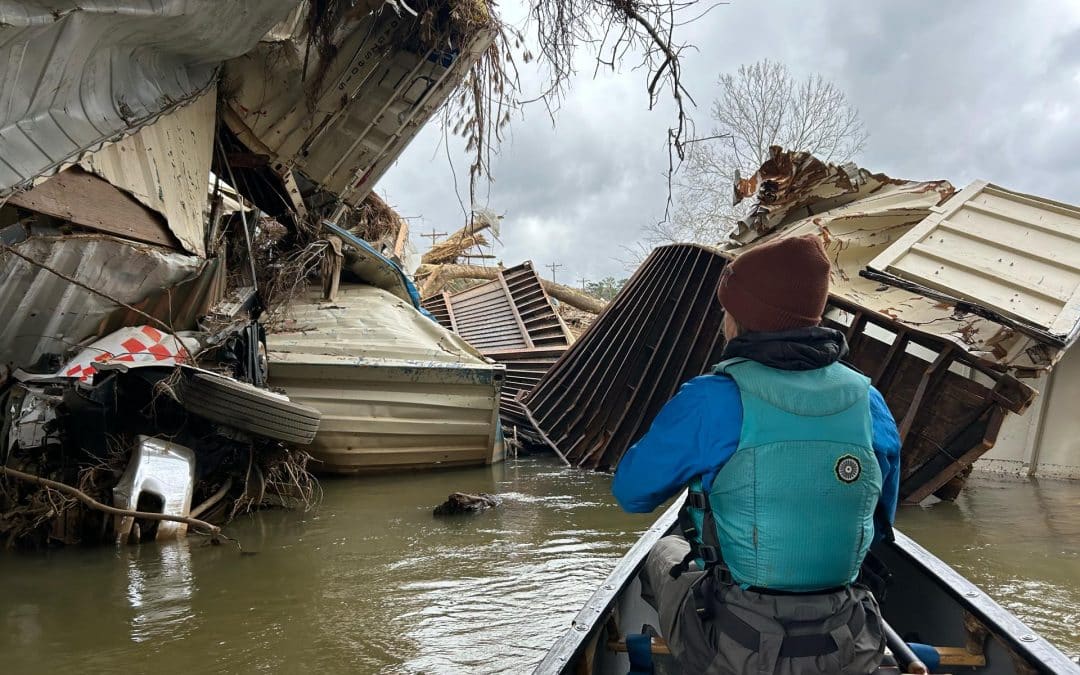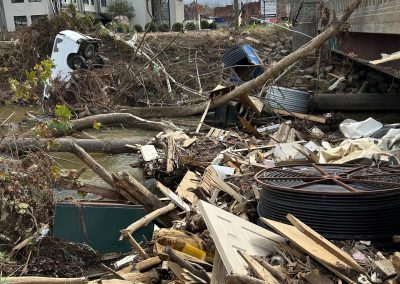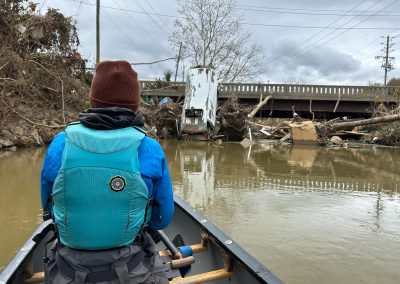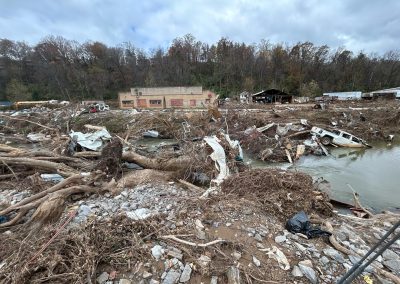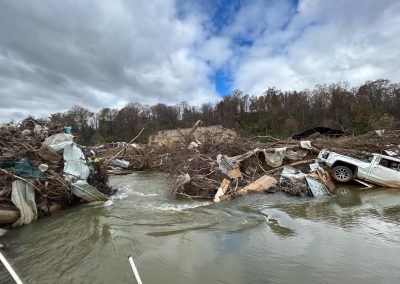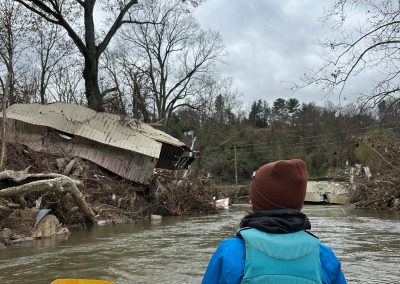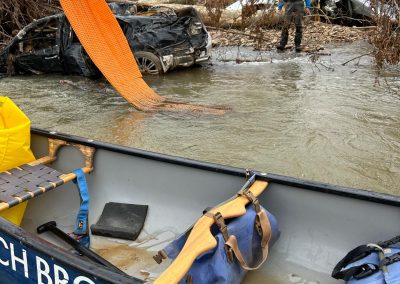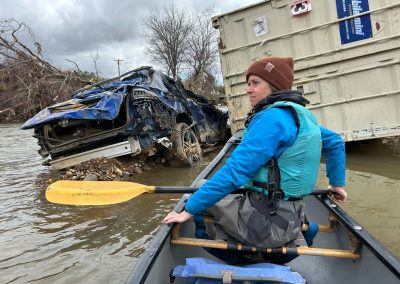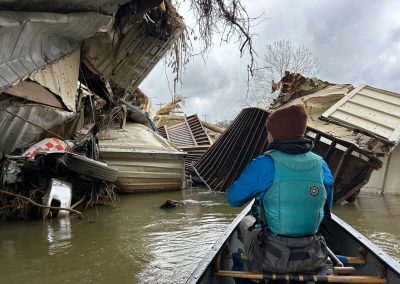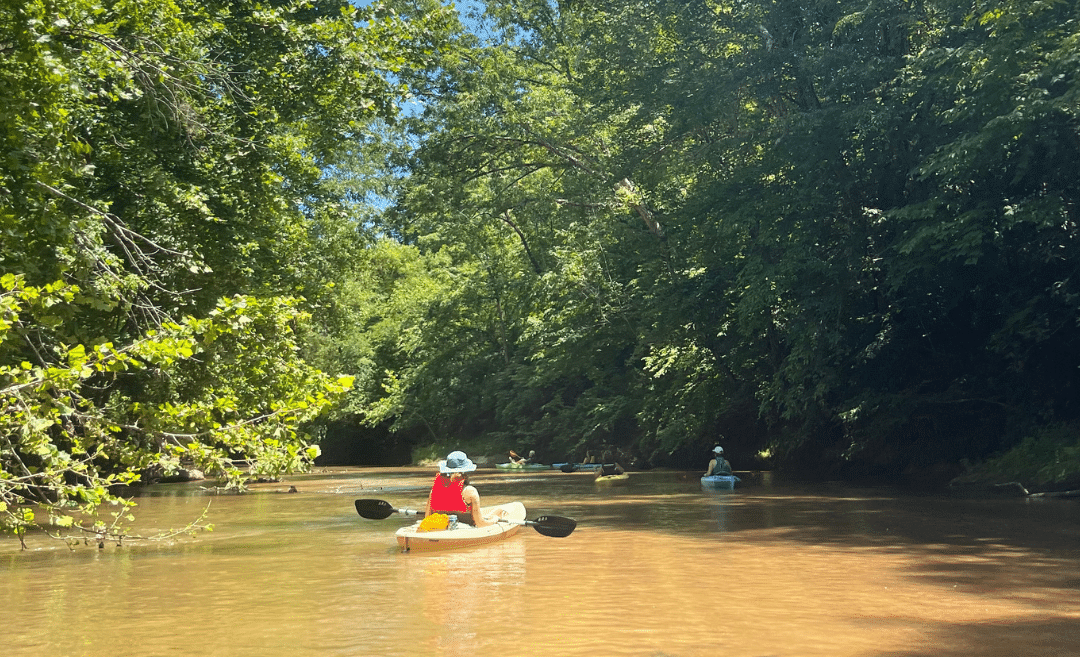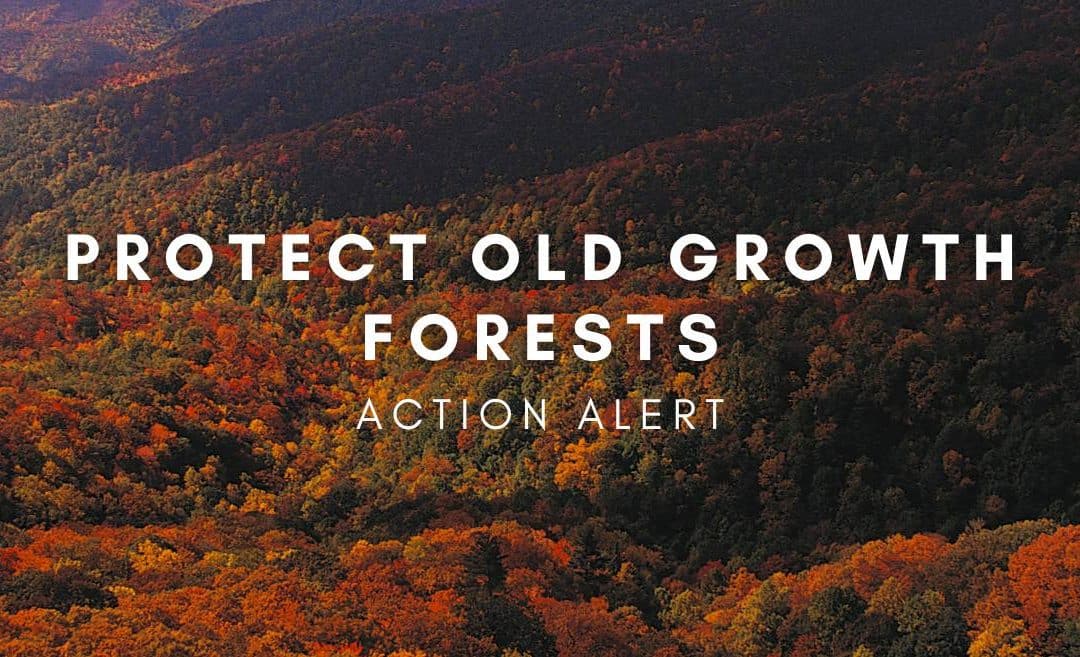
Take Action: Oppose Weakening Macon County’s Watershed & Flood Protection Ordinances
Take Action: Oppose Weakening Macon County’s Watershed & Flood Protection Ordinances
This action has expired
Let Macon County Commissioners know that you oppose weakening Macon County’s Watershed Protection and Flood Damage Prevention ordinances by allowing higher density for recreational vehicle parks in public water supply watersheds and removing restrictions on the use of fill dirt to elevate new houses or expand development in high-risk flood areas.
Commissioners may vote on changes to one or both of these ordinances at their upcoming meeting set for Tuesday, January 14, 2025, at 6:00 PM in the Commission Boardroom on the third floor of the Macon County Courthouse, located at 5 West Main Street, Franklin, NC, 28734.
Eighteen years ago, to better protect public safety and the environment in a region with steep mountain slopes and a higher risk of flooding, Macon County adopted an ordinance that is stricter than the state’s minimum standards. A natural floodplain allows water to spread out during a flood event, soak into the soil, and reduce a river’s speed and destructive power.
Now, Macon County Commissioners are considering weakening the Flood Damage Prevention Ordinance to allow property owners to use fill material in these areas — decreasing safety and increasing public and private losses due to flooding, including potential loss of life. Using fill dirt to build homes and other buildings in flood-prone areas reduces the amount of floodplain area we have to mitigate flooding. Allowing this activity without requiring a permit puts more people at risk of floods by encouraging more homebuilding and development in floodplains. It also adds to development pressure on large agricultural properties currently in the floodplain, leading to an increase in loss of farmland.
Using fill dirt and materials in the floodplain will also increase costs for residents and taxpayers by raising insurance premiums and creating the need for the government to update floodplain maps more often. The increased risk to life and property from accelerated flooding will also demand costly county resources and put county emergency personnel and volunteer rescuers at risk.
Eleven years ago, county commissioners amended Macon County’s Watershed Protection Ordinance to make Recreational Vehicle (RV) parks ineligible for Special Nonresidential Intensity Allocations. Similarly to the changes to the Flood Damage Prevention Ordinance, allowing increased density for RV parks would encourage their development in public drinking water supply watersheds. Most of the large tracts of land in these watersheds are currently in floodplains and in agricultural production.
Former county leaders recognized that because of Macon County’s steep slopes, narrow floodplains, and fast-flowing streams, the standard state ordinance wasn’t good enough and adopted stronger water supply watershed protections and floodplain restrictions that have served the county well for more than a decade. Tell our current leaders to maintain this legacy for Macon County’s future.


